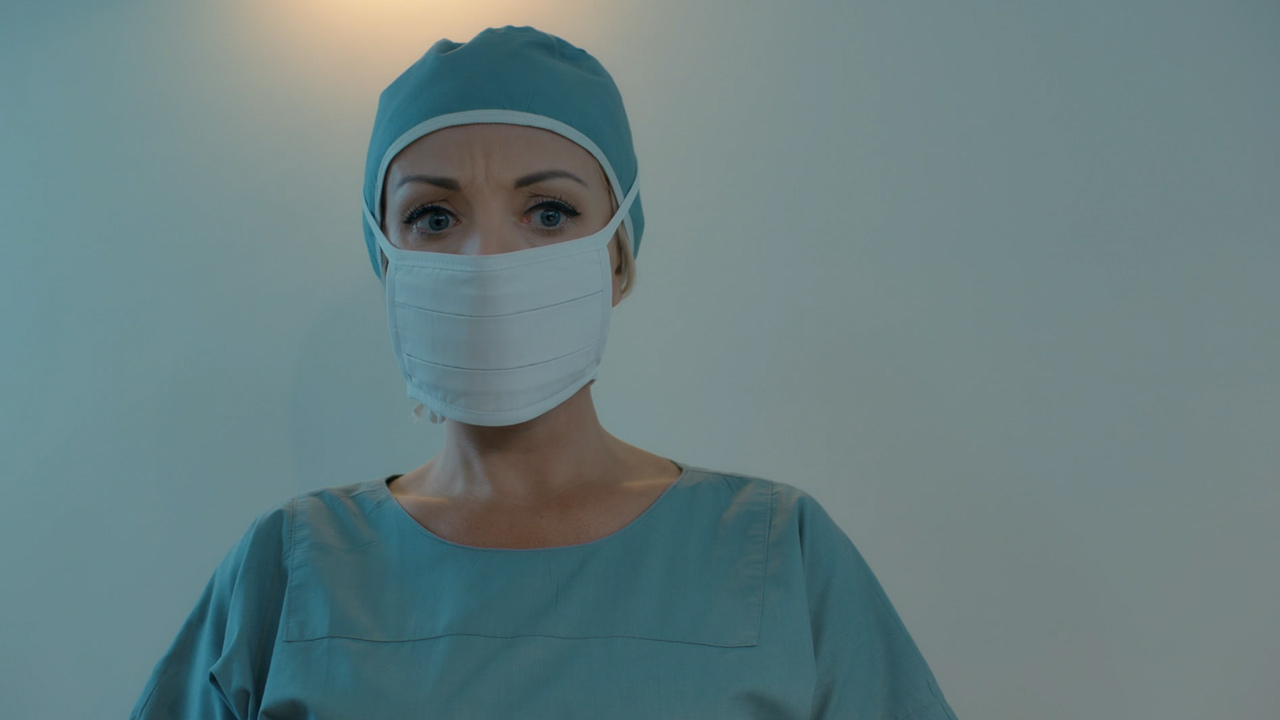
In the 10 seasons I have blogged for Call the Midwife, there is one topic that has surfaced more than any other and has been the focus of a number of episodes. Chronologically, given the time period covered in the series, this would make sense, as it was a topic of great debate at that time. That topic is termination of pregnancy. This episode takes place in the spring of 1966 when, as the physician in the episode tells Trixie (played by Helen George) “the idea of hospitals performing abortions is being discussed in Parliament”, though, as Trixie rightfully responds that while that may be true “it is still not legal”.
We revisit Trixie in this episode, still temporarily working in the posh “uptown” Lady Emily clinic, where she started at last episode, which serves a clientele vastly different from that which she usually serves in the east end of London at Nonnatus House. Trixie develops suspicions that pregnancy terminations are being performed on patients of the Lady Emily clinic under the guise of medically indicated “D&C’s” which stands for dilation and curettage. There are many indications for a D&C, including heavy menses, evaluation for cancer of the lining of the uterus (endometrial cancer), and pregnancies wherein the fetus has died but the baby has not yet come from the woman’s body. Termination of a live pregnancy can also be accomplished via a D&C.
As we see Trixie report confirmation of her suspicion back to Sister Julienne (played by Jenny Agutter) the anger and passion in her words is profound. Her anger stems from her knowledge that the Lady Emily clinic is blatantly performing what is an illegal procedure (at the time) for termination of pregnancy. She is also angry, that “women of means” can access the procedure, performed in a sterile and professional manner by a medical doctor, while women who cannot afford it are left to far less savory, and extremely more risky options.
This topic is as timely today as then, as the debate over provision of pregnancy termination services rages on still. Most recently, the governor of Texas signed into law a bill banning abortion after the point that a fetal heartbeat can be detected by ultrasound, which can be as early as six weeks of pregnancy. This law includes pregnancies that occur as a result of incest or rape. I don’t have all the answers; I don’t claim to even coming close to having any of the answers. What I do have is more questions than answers, like in the instance of the:
There are so many other instances, examples, and personal circumstances that we can all bring to the table on this issue. No matter one’s feelings about the legalized provision of pregnancy termination services, there is one common point that I think most everyone can agree upon; that it is not a black and white, clear-cut issue.
Get Another Take: Recommended Call the Midwife Recaps
From Thirteen.org | The British Tele Dish
From WTTW Chicago | The Playlist Blog
From NPT Nashville | The Vanderbilt University School of Nursing Recap
From WETA Washington | The Tele Visions Blog
From WGBH Boston | Watch Drama After Dark or Read the weekly recap